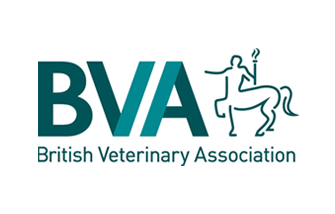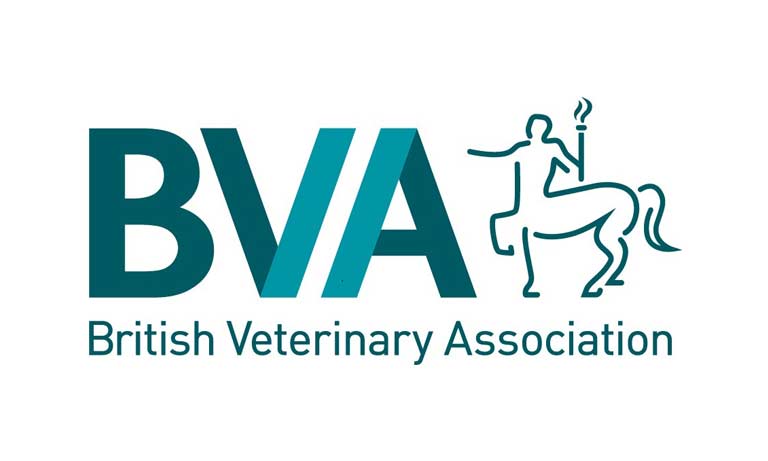Extreme conformation
What's the issue?
Animals with extremes of conformation have an exaggerated body shape, structure, or appearance which can negatively affect their health and welfare.
Some breeds with extreme features, such as brachycephalic (flat-faced) dogs and Scottish Fold cats, have grown in popularity in recent years. Many owners are not aware of the health and welfare issues that affect these animals.
These problems may not be immediately obvious, but often cause life-long misery for pets – for instance, dogs that are unable to breathe normally, rabbits unable to eat, cats with severe arthritis, and fish that cannot see or swim properly.
The use of animals with extreme features in advertising and on social media normalises these traits. According to our Voice of the Veterinary Profession survey, 83% of vets are concerned about the inappropriate representation of animals in adverts.
What's our view?
The health and welfare impact of extreme breeding must be tackled across all species. Owners, breeders, breed clubs, academics, vets, and vet nurses should work collaboratively to raise awareness, support research, and ensure healthier future generations of animals.
Animals showing extremes of conformation that negatively affect their health and welfare should not be used for breeding.
Vets should participate in existing reporting schemes, for example:
- for dogs, the Kennel Club scheme for reporting conformation-altering surgery and caesarians
- for production animals, reporting caesarean sections to the Artificial Insemination services
- also for production animals, monitoring abattoir and FSA reports to identify the health and welfare impacts resulting from extreme conformation and using this to advise keepers on responsible breeding decisions
Vets should advise owners not to breed from affected animals. In companion animals, neutering should be encouraged as a means of preventing the perpetuation of extremes of conformation.
Breed Standards for animals with extreme conformation should be reviewed and developed according to evidence and with expert veterinary input.
Animals with extreme conformation shouldn't be used in advertising and marketing materials in order to avoid the normalisation of poor animal health. Advertisers should follow our good practice guide 'Pets in advertising: A social concern'.
Prospective pet owners should speak to their local vet for advice on potential health and welfare issues before getting a pet and use available guides, such as the Animal Welfare Foundation's Puppy Contract.

BVA policy position on extreme conformation
BVA policy position on extreme conformation - executive summary
BVA Policy Position On Extreme Conformation - Executive Summary
Get involved
- Contact our policy team for more information
- Read the CFSG Guidance on Dog Conformation
-
Read the Dog Breeding Reform Group and CFSG Code of Practice for Dog Breeding


